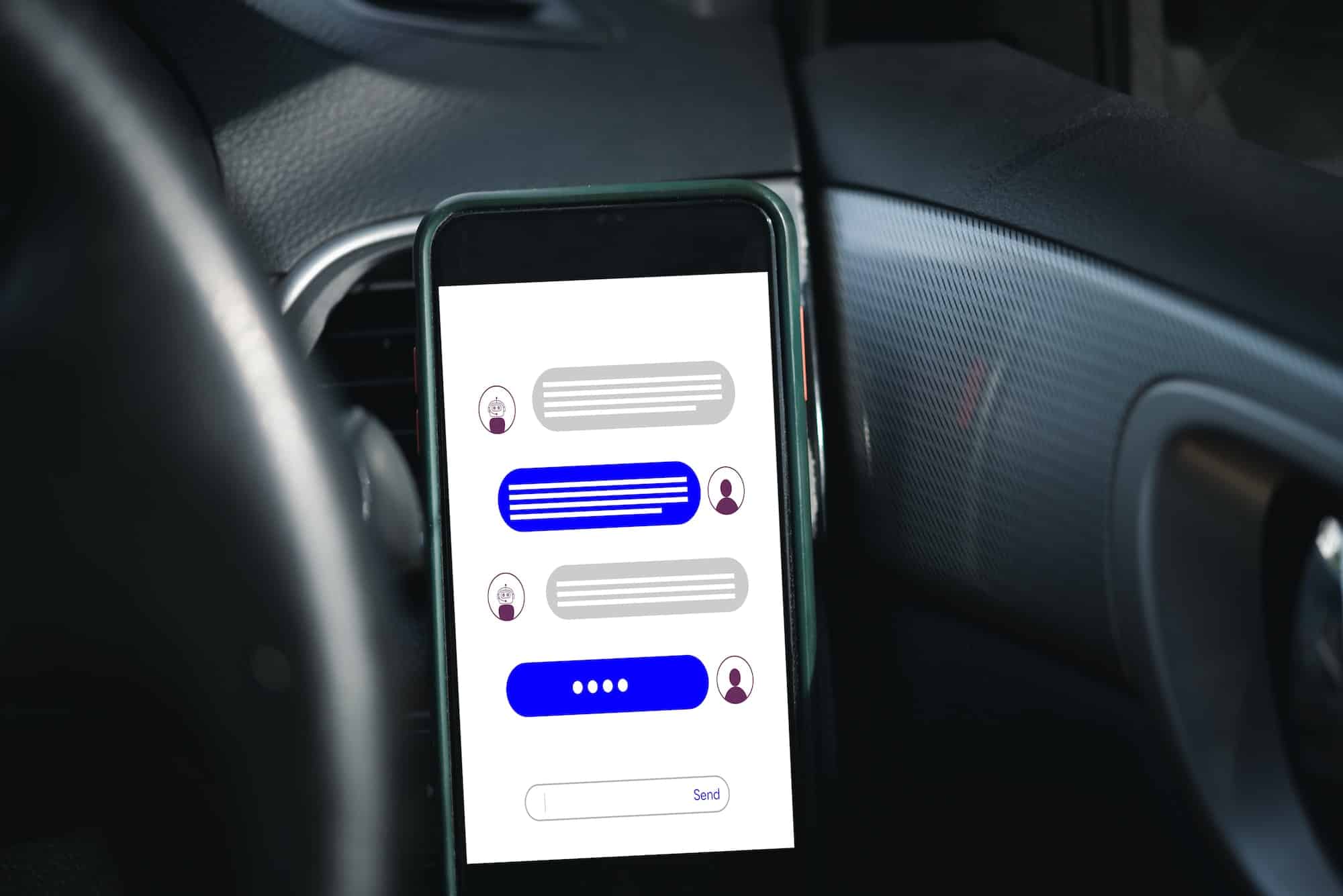Integrate chatbots into your social platforms: Facebook Messenger, WhatsApp, Instagram

Social platforms play a central role in the interaction between businesses and their customers. Integrating chatbots into these platforms is now an essential strategy for delivering an exceptional customer experience and driving engagement. Here are the benefits and best practices for integrating chatbots with Facebook Messenger, WhatsApp and Instagram, three of the most popular social platforms.
Facebook Messenger: A preferred channel for customer engagement
Facebook Messenger offers an intuitive and widely used interface, making it an ideal platform for chatbot integration. The advantages that this channel offers are numerous. Click here and discover the benefits of using an online chatbot.
A lire également : Social media trends and technological impact
Reach a wide audience
Facebook Messenger has more than 1.3 billion monthly active users, about a third of the world's population. By integrating a chatbot with Messenger, you have the opportunity to reach a large and diverse audience to significantly increase the reach of your brand and messages.
Additionally, Messenger allows you to create chatbots dedicated to specific segments of your audience, based on their interests, demographics or behavior. This personalized approach allows us to offer a more relevant and engaging experience to each user.
Sujet a lire : What are the programming languages for bots ?
Furthermore, Facebook ads can be used to promote your chatbot to a targeted audience, increasing its visibility and attracting new users. This strategy allows you to quickly expand the reach of your chatbot and acquire new potential customers.
Ease of use
Messenger offers an intuitive and user-friendly interface, familiar to most users. Navigation is smooth and simple. Through this channel, all users interact with the chatbot without any prior technical knowledge.
Additionally, Messenger chatbots can process various message formats, including text, images, videos, audio files, and interactive buttons. This flexibility allows you to create rich, engaging interactions that meet user needs.
Wide range of features
First, Messenger chatbots allow users to easily share files, images, videos and audio documents directly in the conversation. This feature is particularly useful for sharing product catalogs, presentations or technical documents.
Then, Messenger chatbots are able to access the user's geolocation and allow them to share their location. This feature is useful for providing personalized recommendations based on the user's location, such as nearby restaurants or stores.
WhatsApp: a direct and personal channel for customer communication
WhatsApp, with its more than 2 billion active users, offers direct and personal communication with customers. The advantages of integrating a chatbot at this level are multiple.
High engagement
WhatsApp boasts a message open rate of over 90%, far outpacing other messaging platforms. This means that messages sent by WhatsApp chatbots have a high probability of being read and acted upon by users.
WhatsApp is often used for personal and business communications, which creates an environment conducive to engaging with chatbots. Users are more likely to interact with a chatbot on WhatsApp because they perceive it as a direct and personal channel.
Smooth communication
WhatsApp enables seamless, contextual conversations, allowing chatbots to follow the flow of discussion and provide relevant and timely responses. This fluidity promotes more natural and pleasant engagement for users.
Easy integration with CRM tools
WhatsApp Business API easily integrates with existing CRM tools, allowing businesses to centralize the management of customer interactions and deliver a consistent experience across all communication channels.
Personalized push notifications
WhatsApp chatbots can send personalized push notifications to inform users about new products, promotions or events. This feature helps maintain user interest and encourage them to come back to interact with the chatbot.
Instagram: Strengthen your brand presence and customer interaction
Instagram, with its emphasis on visual content, offers a unique opportunity to integrate chatbots to strengthen your brand presence and customer interaction. Benefits include:
- Product and service discovery: Chatbots on Instagram can guide users through your products and services, making purchasing and decision-making easier.
- Strengthening customer relationships: Chatbots can answer customer questions, resolve issues, and offer personalized assistance, strengthening customer relationships.
- Collecting Feedback and Reviews: Chatbots can collect valuable feedback and reviews from customers to improve your products and services.
Conclusion
Integrating chatbots with Facebook Messenger, WhatsApp and Instagram offers businesses a unique opportunity to revolutionize customer engagement. By leveraging each platform's unique features and adopting integration best practices, businesses can build lasting relationships with their customers, drive loyalty, and propel growth.
